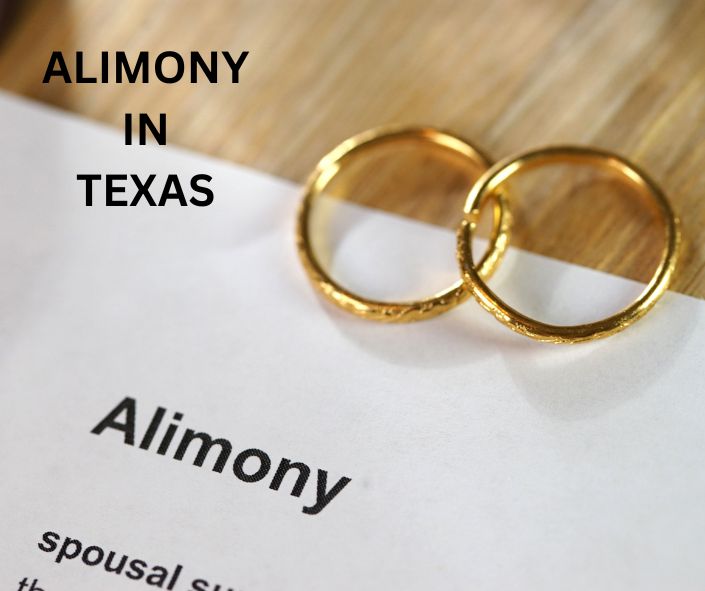Contents
HoustonDivorceLawyerForMen.com article 2 of 3 on domestic violence prevention.
Escaping Domestic Violence
It doesn’t matter what race, financial status, sex or religion you fall into, you can still become a victim of domestic violence. The Texas Council on Family Violence (TCFV) released a report that showed that about 150 women were killed by domestic violence in 2016. They were murdered by intimate partners, ex-husbands, ex-boyfriends, or husbands.
The state of Texas recognizes three types of domestic violence. They include aggravated assault, domestic assault and continuous violence against the family. Violence can only be considered domestic violence if it includes violence against:
- The offender’s family member by adoption, marriage or by blood
- A former or current spouse
- A person with whom the accused has a child or children
- A foster child or the foster parent of the offender
- A person living with the offender
- A person the offender is dating or has date or has an ongoing romantic relationship with
An Aggravated bodily assault involves an offender intentionally, knowingly and recklessly causing physical injury to someone else. The offender can do this using a weapon to injure the victim or threaten the victim.











